| Water proof nylon bag that my grandfather used to keep his valuables from getting wet. |
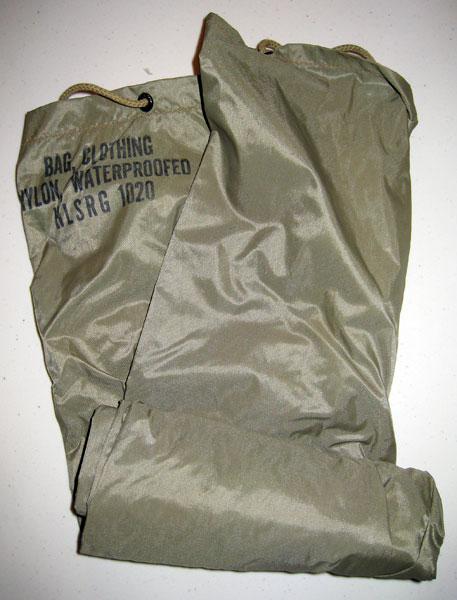 |
| Shovel that my grandfather used during the war to dig fox holes. |
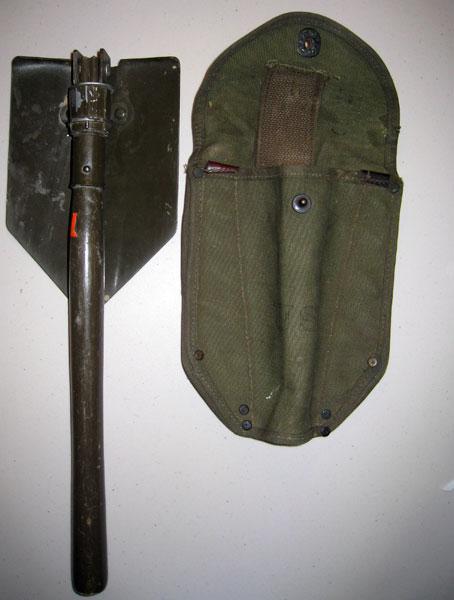 |
| Leather case that held two decks of playing cards that my grandfather carried with him. |
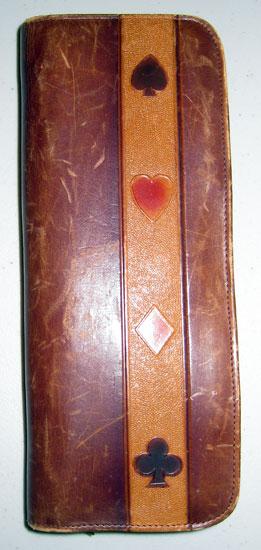 |
| Knife that my grandfather carried with him after the 1st scout was killed in front of him. |
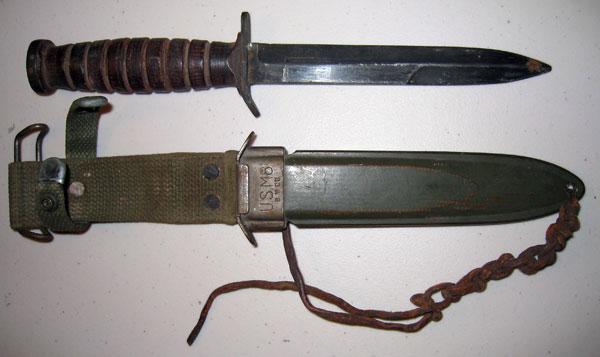 |
| Frame that I created for my grandfather. He passed away a few days before I could show him it. |
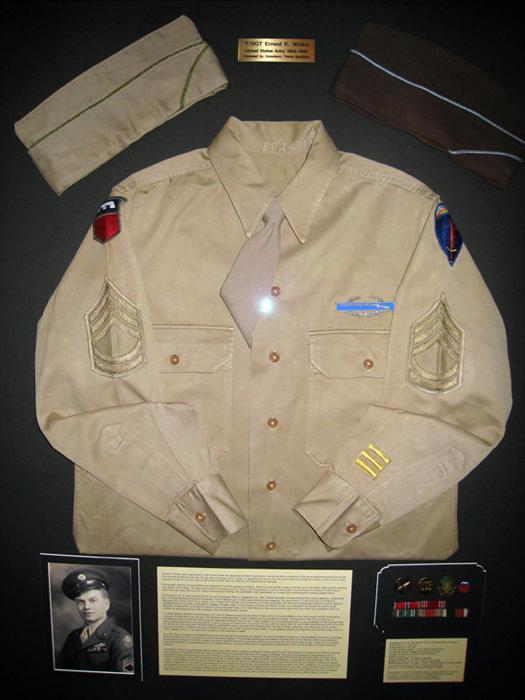 |
| 76th Infantry, Company "K" King, 1st Platoon, Germany. |
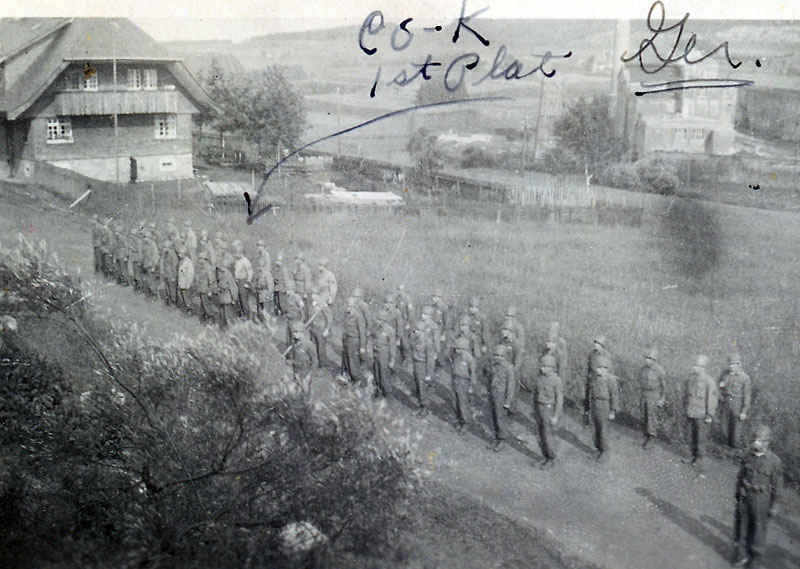 |
| 76th Infantry’s path through Germany. My grandfather joined near Bingen and Boppard. The concentration camp is marked on the map in pen. |
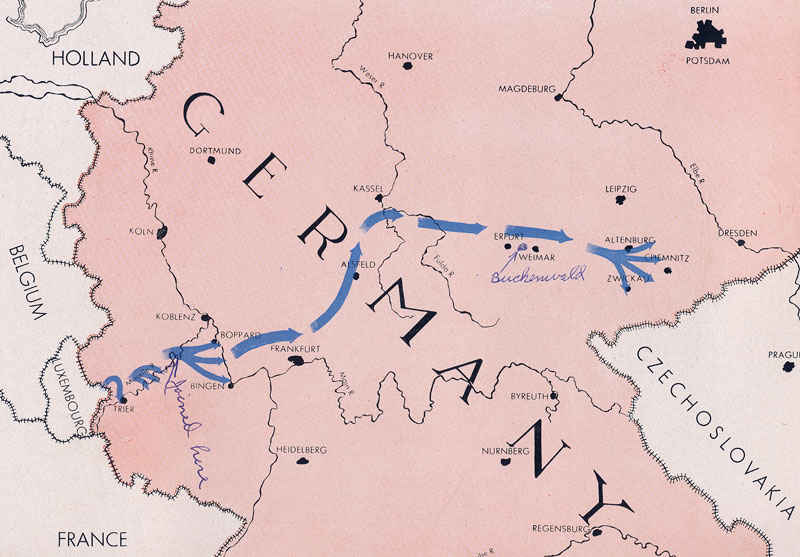 |
| Military Payment Certificate. To reduce profiteering from currency arbitrage, the US military devised the program to replace normal currency. |
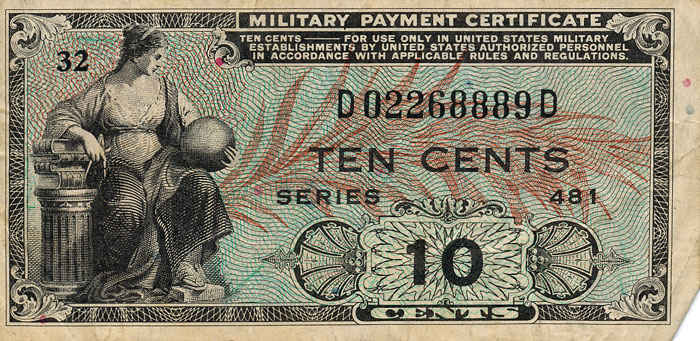 |
| German gun my grandfather shipped back home from Germany. |
 |
| German gun found by my grandfather. Could be the gun Sutton and my grandfather are looking at in another picture. |
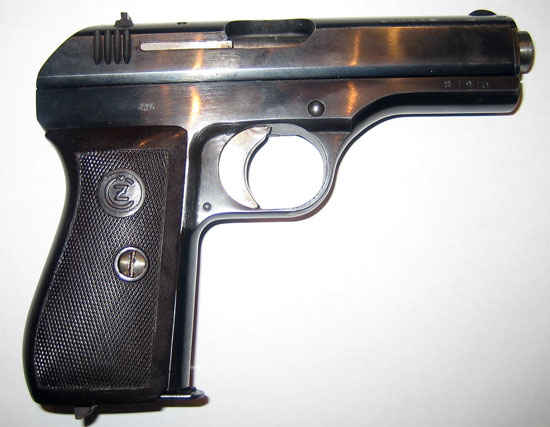 |
| Germany's Autobahn "superhighway." |
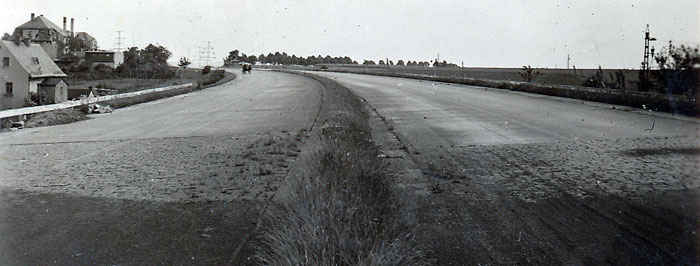 |
| Here is a classic GI picture on a jeep. The jeep became an indispensable tool during World War II because of its ability to go anywhere. The Jeep was used by every Allied country, served in every theater of war, and performed a variety of tasks. |
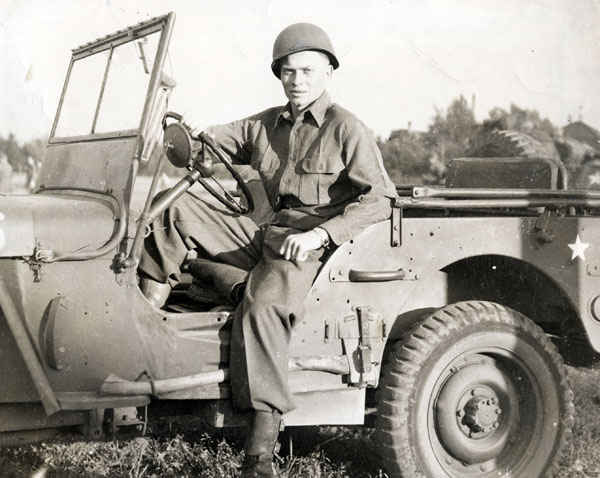 |
| Trupenhausen, Germany was the hottest town my grandfather had ever been in. He was the second scout and the first scout was killed right in front of him. A lot of guys he knew died that day. |
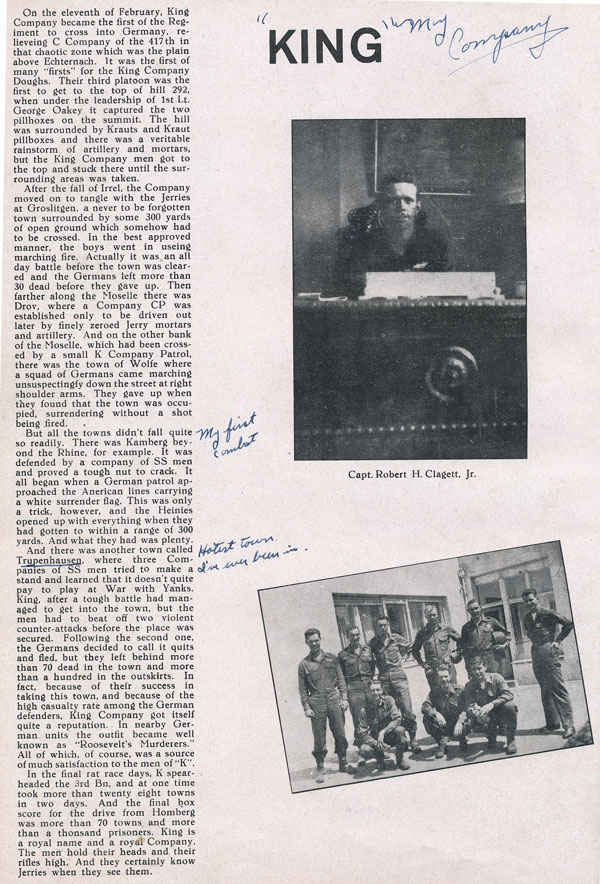 |
| Personnel Office, Lemans France. Captain Bullock is in the top row middle and my grandfather if second to the right top row. |
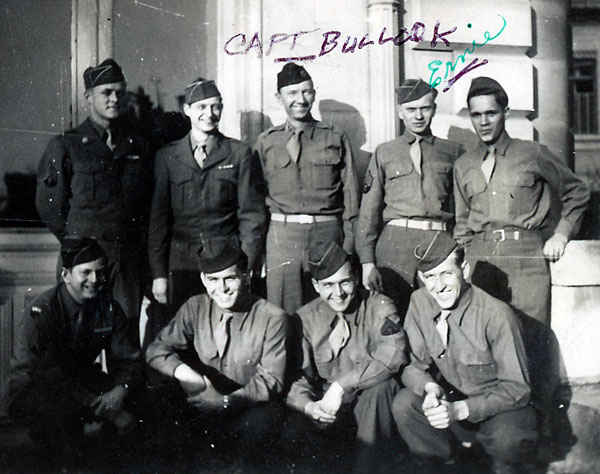 |
| I like this picture because I had to do some restoration to figure out what it was. See my grandmother at some point in time glued all the WWII pictures into a book, which seems to have been a common theme but my grandfather had written on the back of each one. It says "Kaput" which is a German word for out of order, not working. The building is definitely kaput and was a classic word used by GI's along with F.U.B.A.R. |
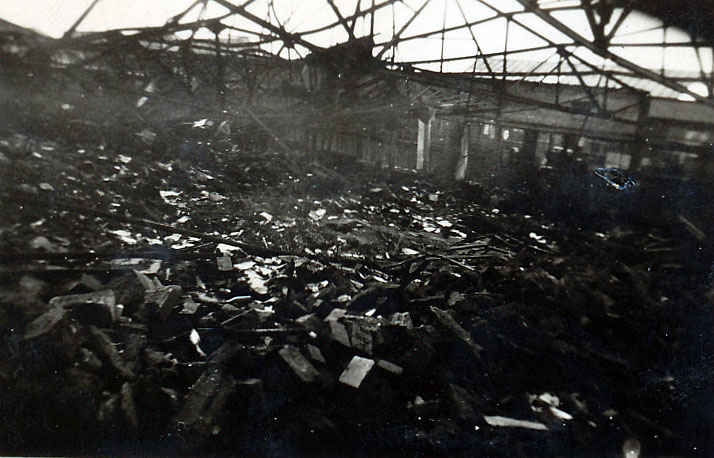 |
| My grandfather called these TD's or tank destroyers. Tank destroyers are used primarily to provide anti-tank support in combat operations. TD's were not labeled as an actual tank. |
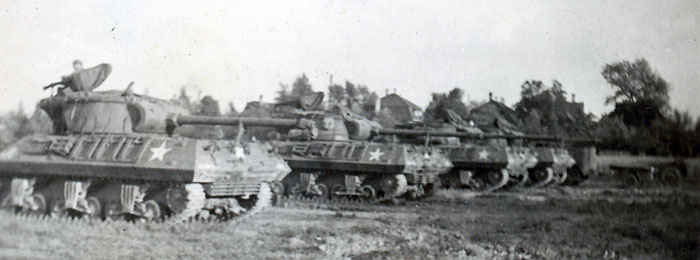 |
| Guarding American Russian lines near Chesminity |
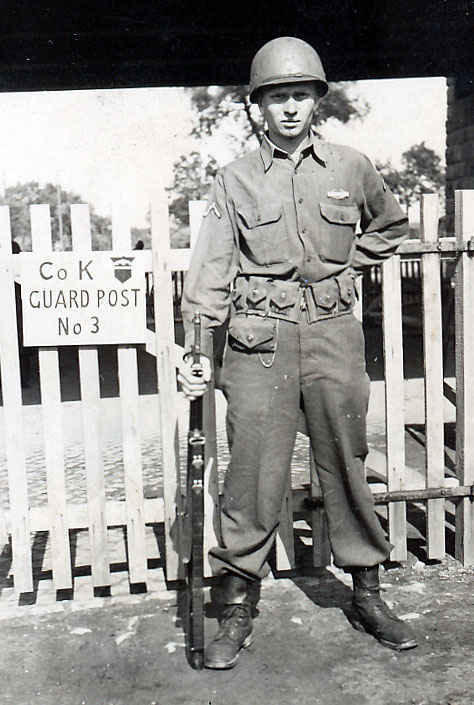 |
| Official combination scorebook used during basic training. Inside the book has my grandfather's target results of where he shot in basic training for qualifying. My grandfather said he missed on purpose so that he did not become a sniper. |
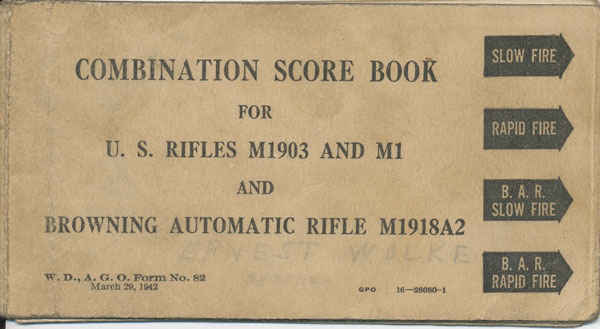 |
| Picture of the infamous German "88." An anti-aircraft and anti-tank artillery gun that was used widely throughout the war, and could be found on almost every battlefield. |
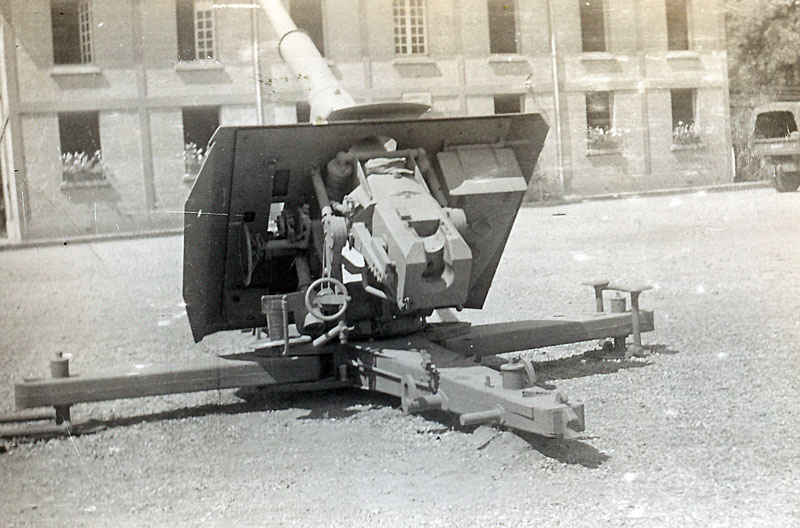 |
| Heroes lost from the 385th Regiment. |
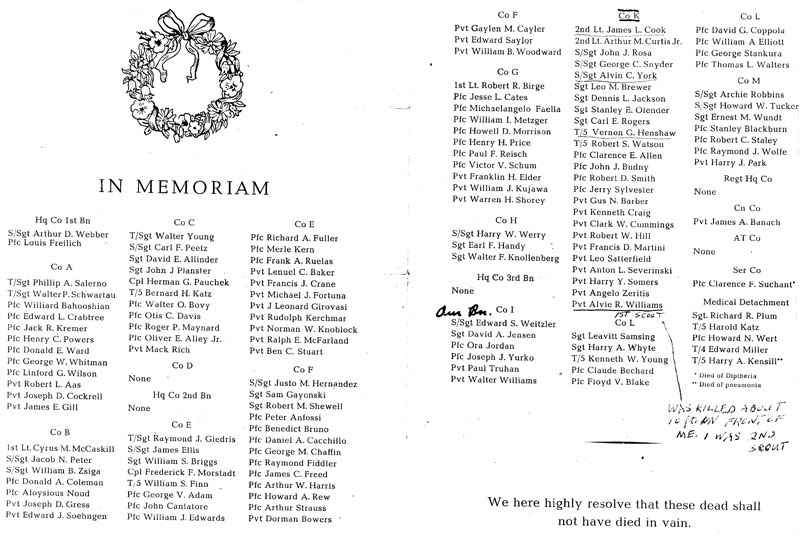 |
| 76th Infantry Reunion, Top row Ernie Wolke Andy Tutuska, Ben Wright, David Weiss, Bill Fortschneider |
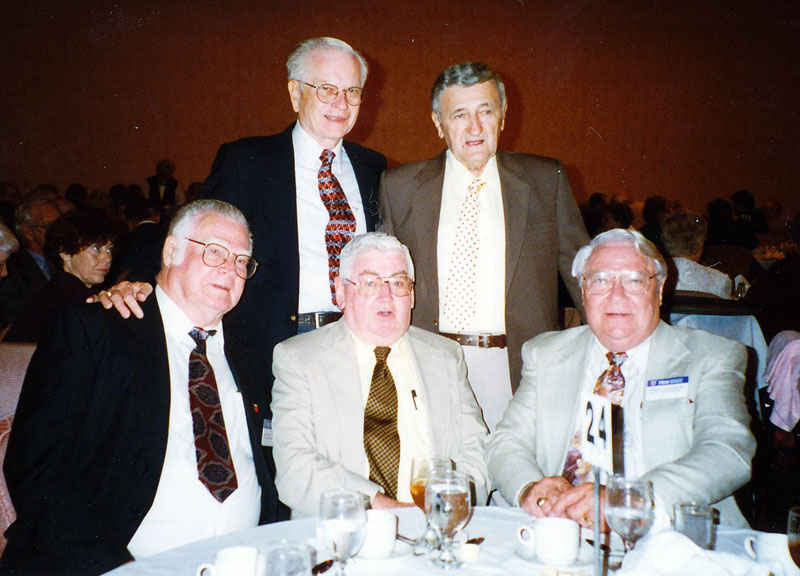 |
| My grandfather was always with Sutton to the right. My grandfather and Sutton examine a pistol. |
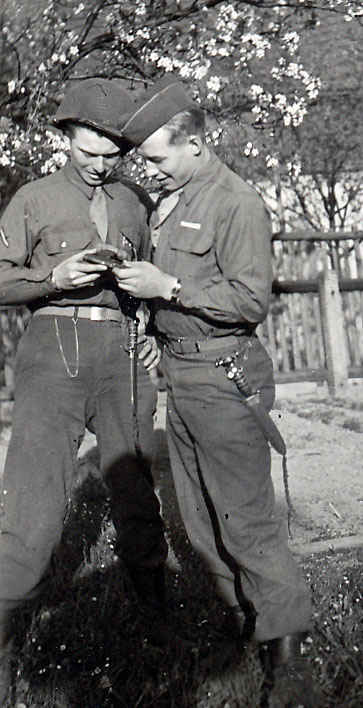 |
| To the left my grandfather, Stanley Flisak. |
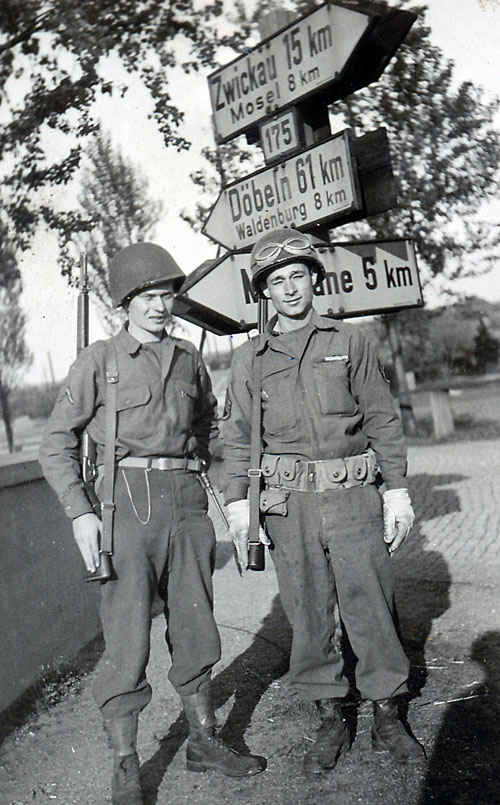 |
| Home from the war for the first time. |
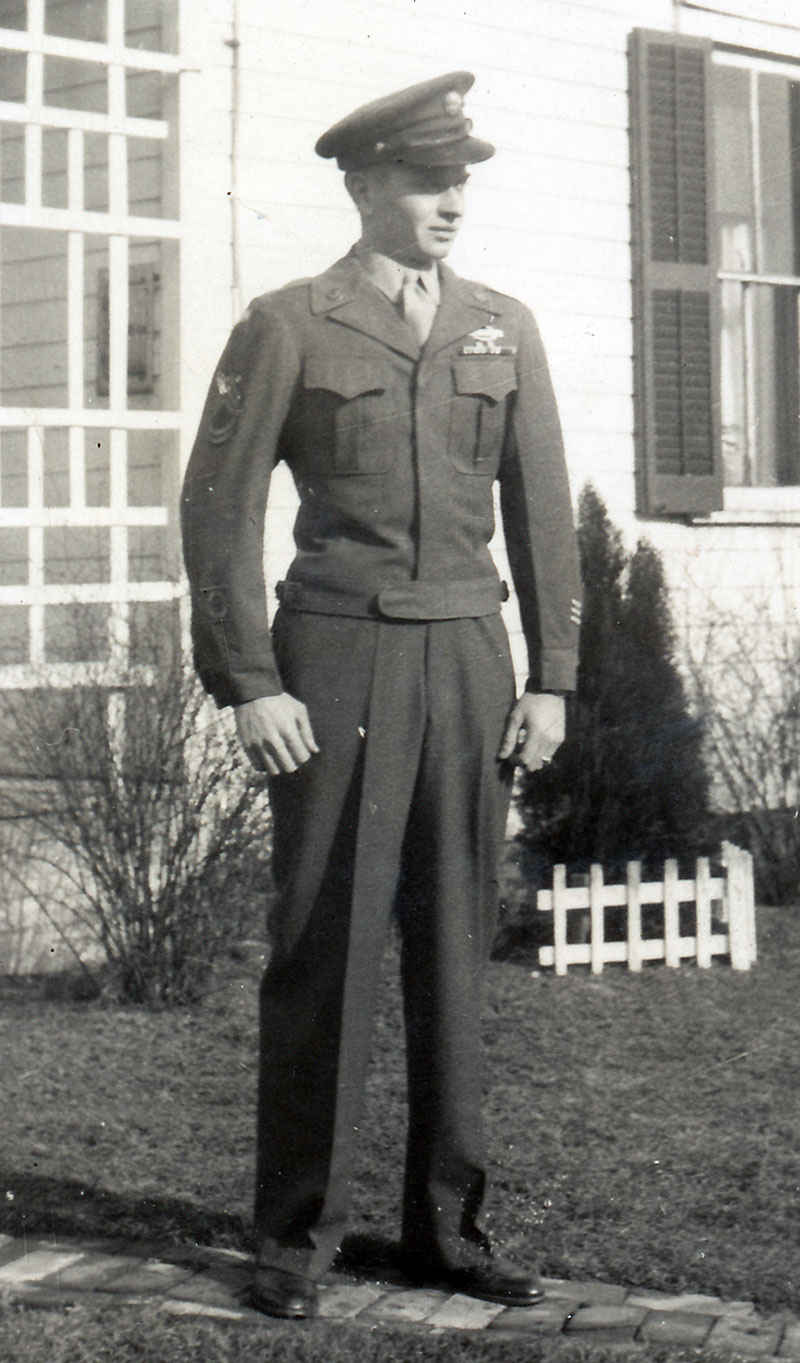 |
| The Hague Peace Palace International Court, Netherlands. |
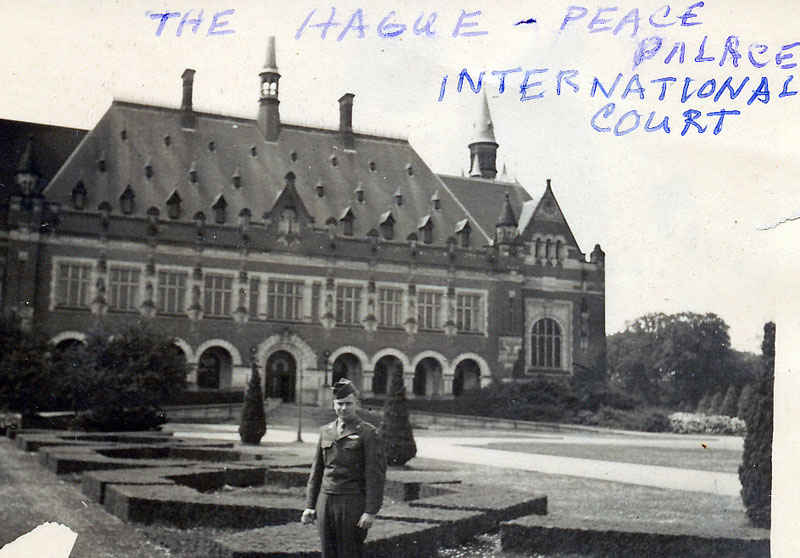 |
| Ovens used to destroy the bodies in the Buckenwald concentration camp. |
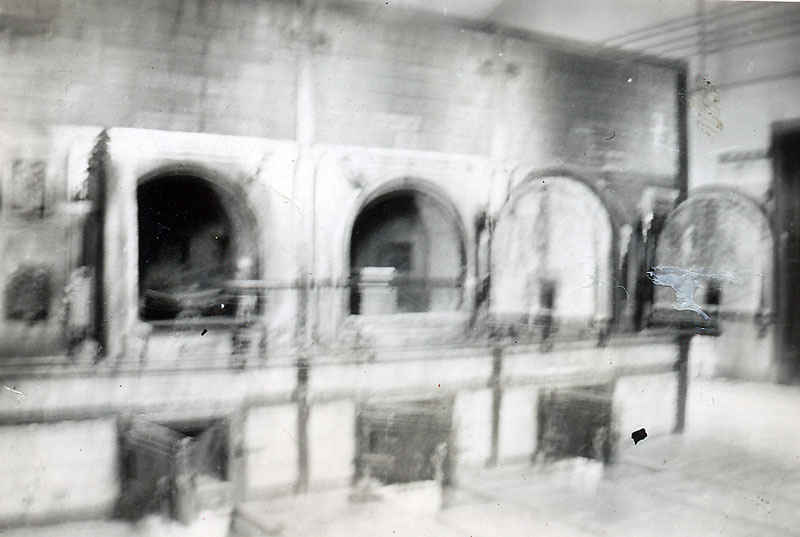 |
| Germany's Autobahn |
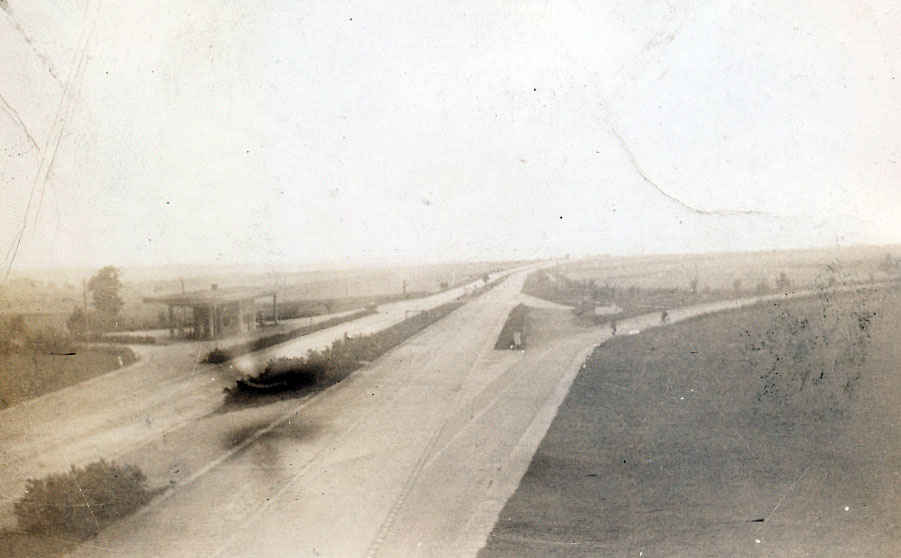 |
| My grandfather at his desk in the Personnel Office, Lemans, France. |
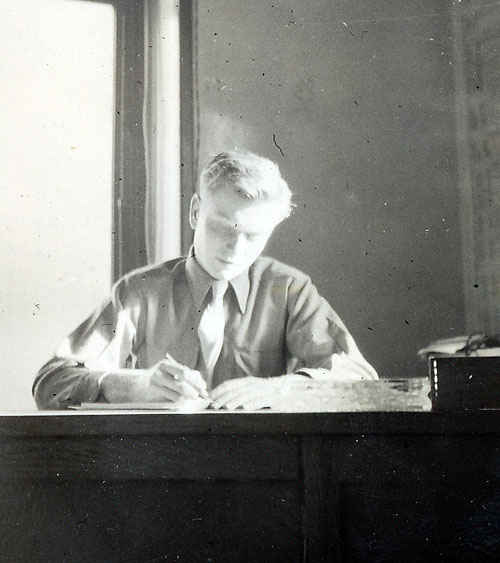 |
| To the left Charles Strong, Ben Wright, and Ernie Wolke. |
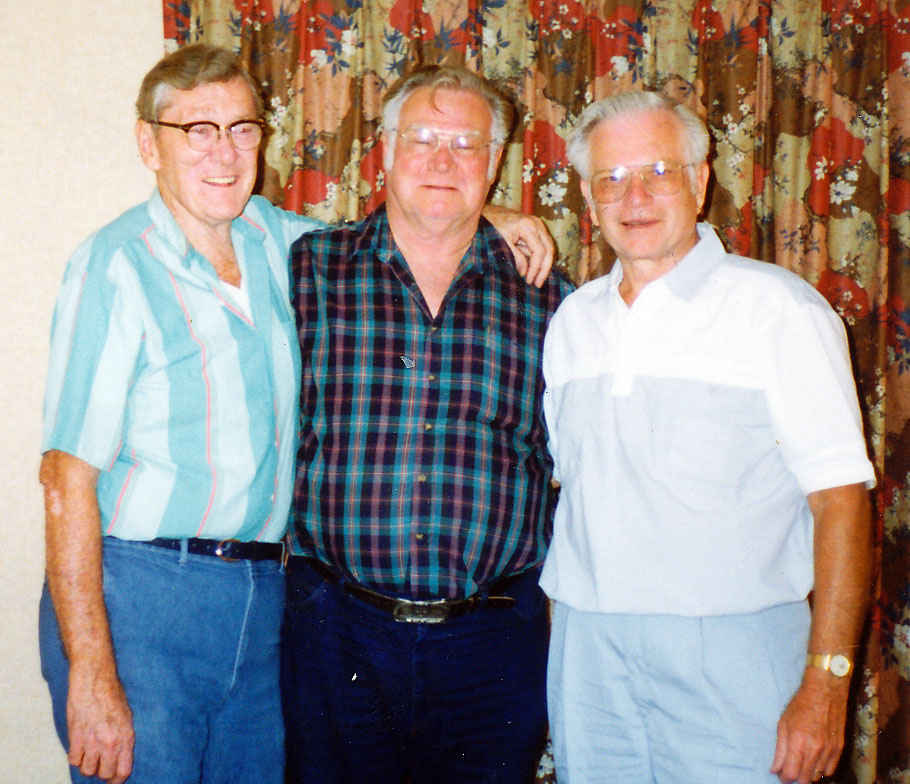 |
| Bunks in the Buchenwald concentration camp was a Nazi concentration camp established on the Ettersberg near Weimar. |
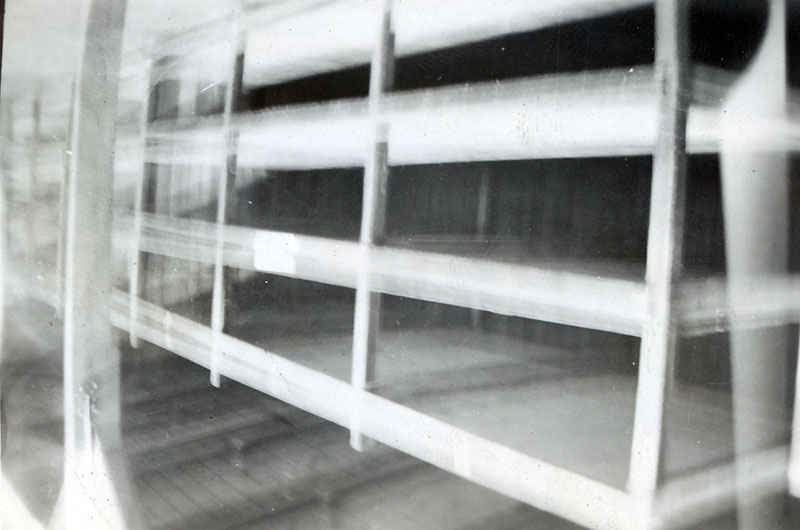 |
| Sacred Heart Cathedral, France. |
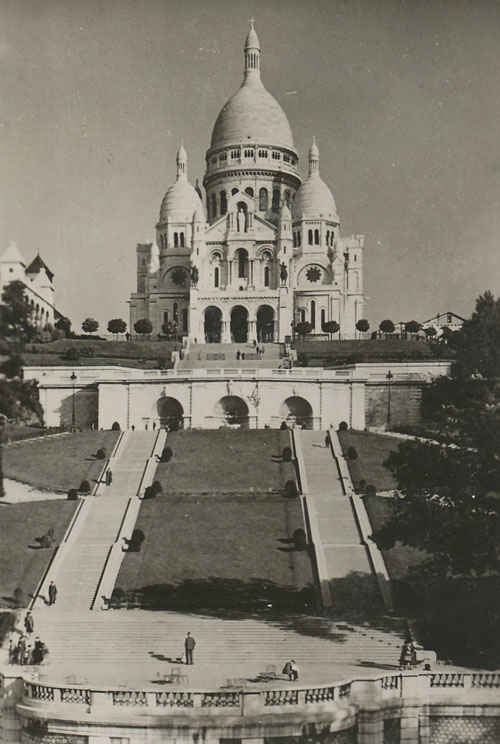 |
| Waiting for the Russians at the Mulde River, Germany. |
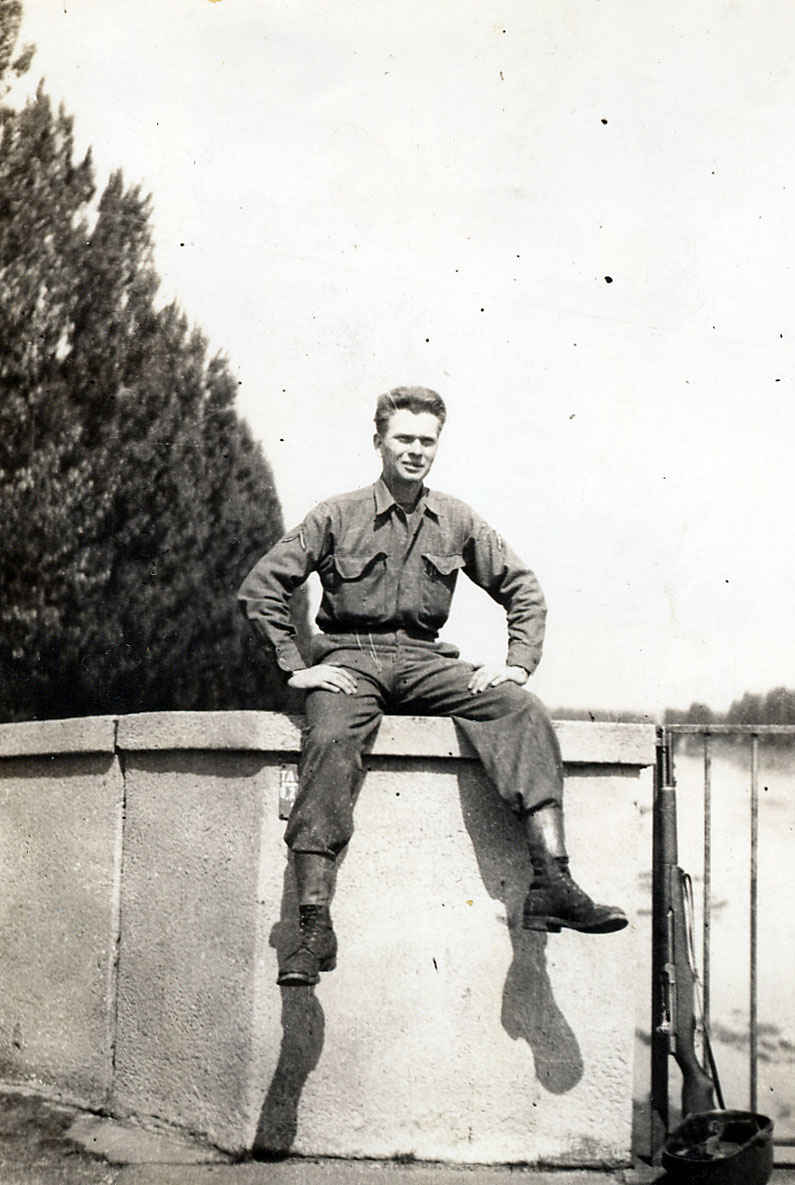 |
| Russian soldier to the left near the American-Russian lines. |
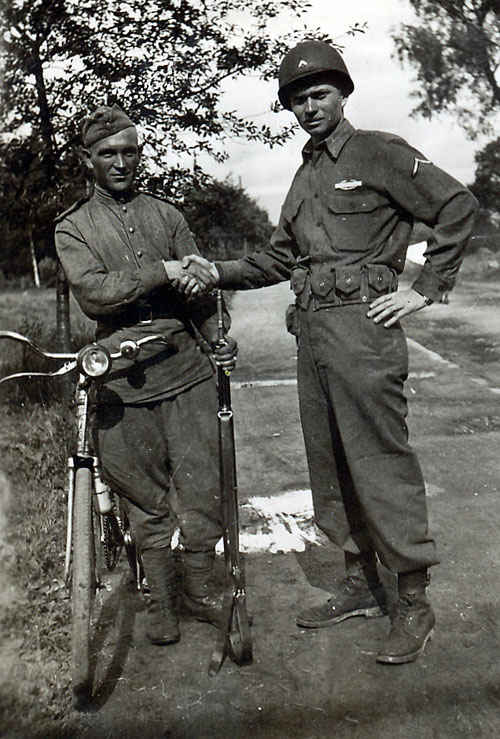 |
| With some kids on the dock in Voldendam, Holland. |
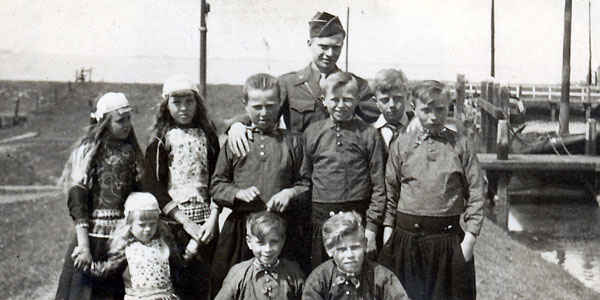 |
| Wolke Staff Sergeant Stanley Flisak on the motorcycle. |
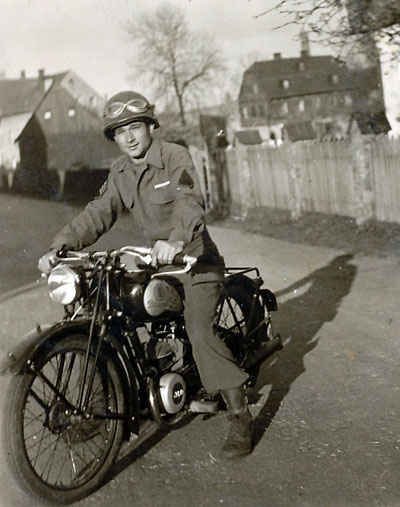 |
| Staff Sergeant Joseph Gelsi to the left. |
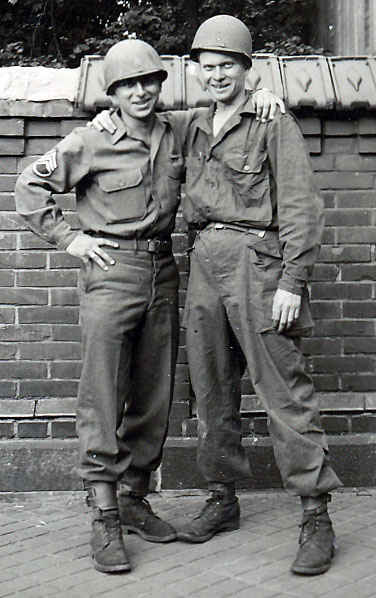 |
| My grandfather's squad leader Stanley Flisak on the left. |
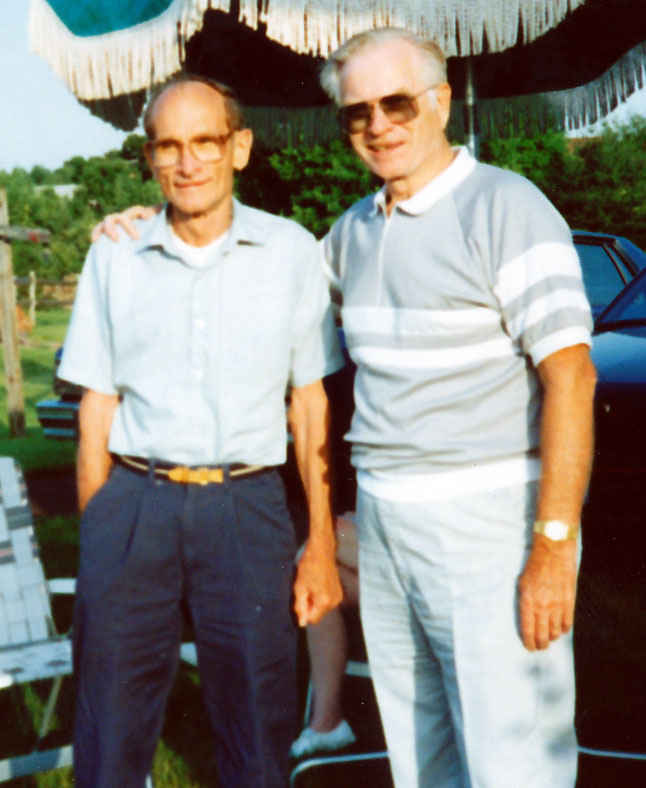 |
| Marken Island, Amsterdam. Check out the name on the boat "President Roosevelt.". |
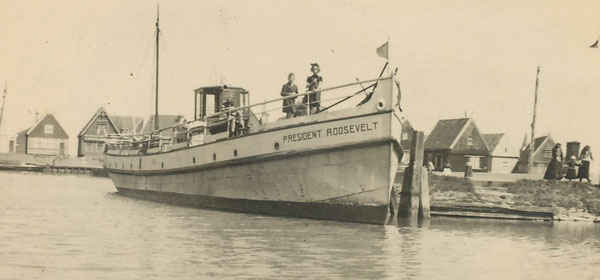 |
| Port of Antwerp, Belgium. This is where my grandfather left for the states in 1946. |
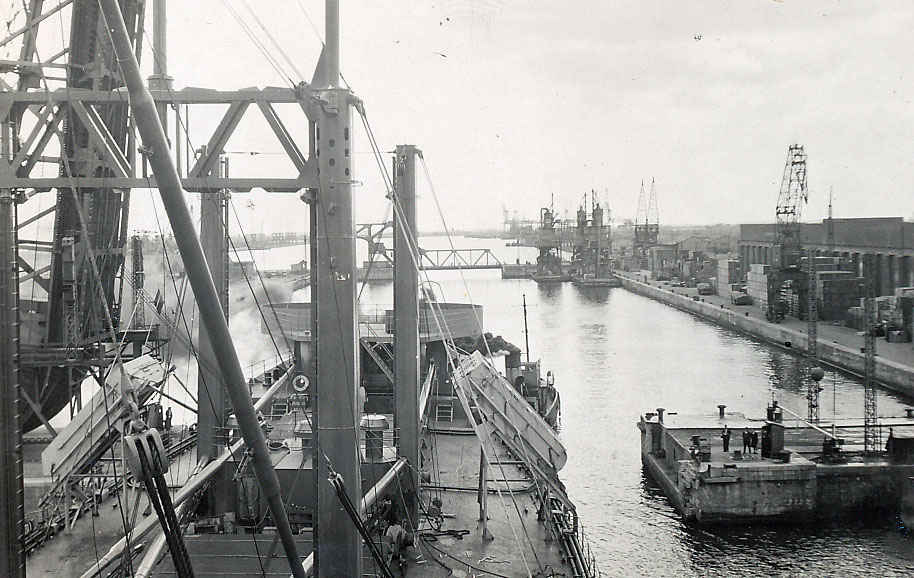 |
| L'Arc De Triomphe Paris, France 1946. |
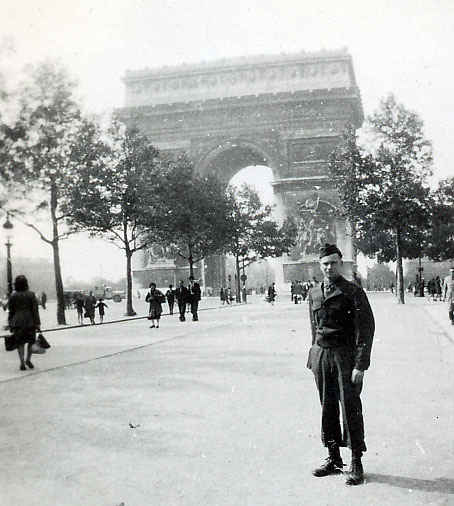 |
| Military Police 707 headquarters in Belgium. |
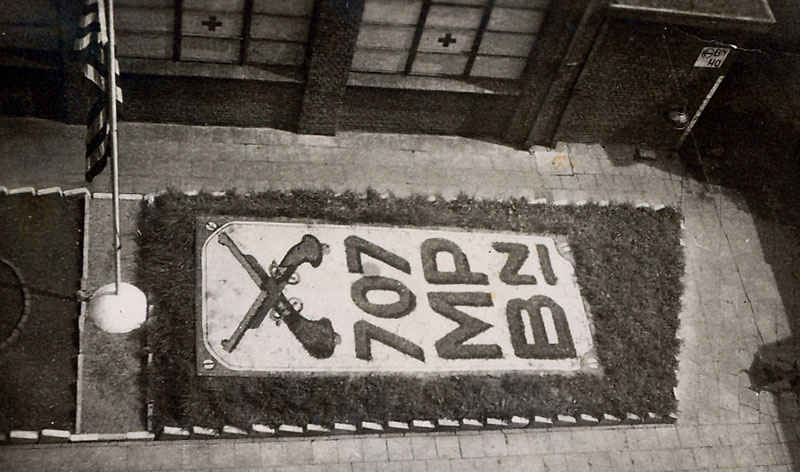 |
| Tent City outside of Lemans, France. |
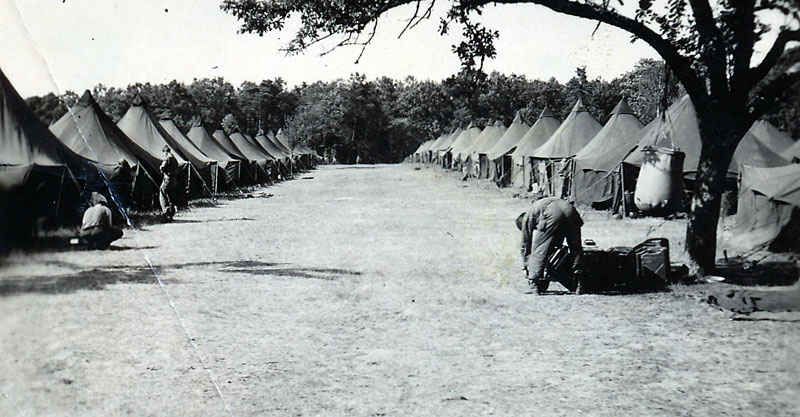 |
| This is the actual name plate that was on my grandfather's desk. There is another picture in this series where you can actually see it. |
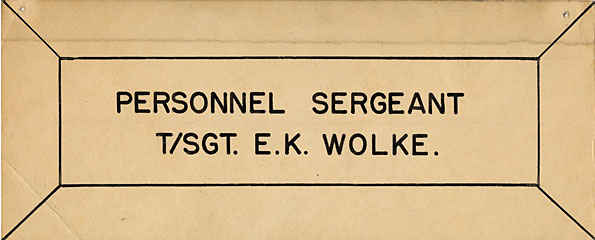 |
| Picture in front of Napoleon's tomb 1946. |
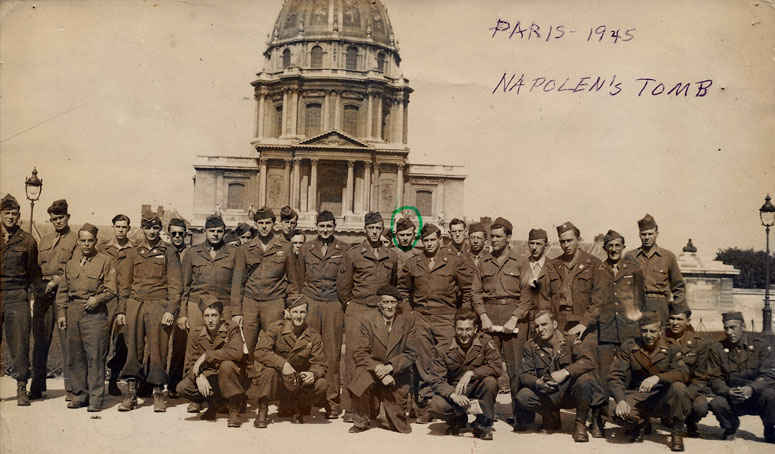 |
| Catholic services being held right before crossing the Rhine river in Germany. |
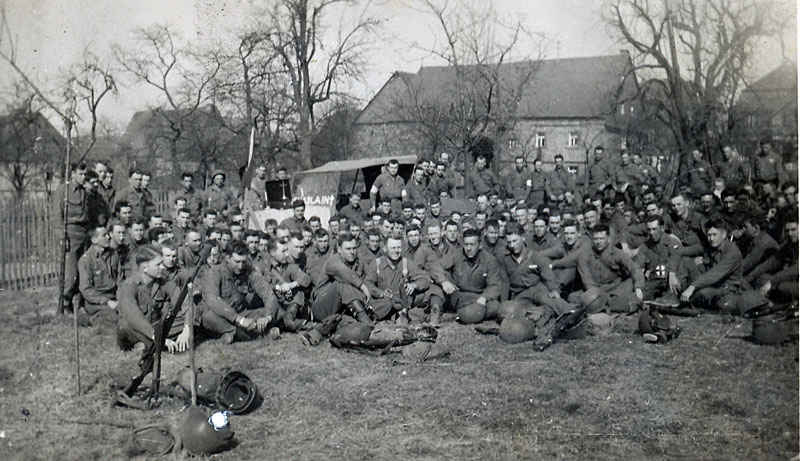 |
| Official War Ration Wallet that is in mint shape. Still contains all the stamps. |
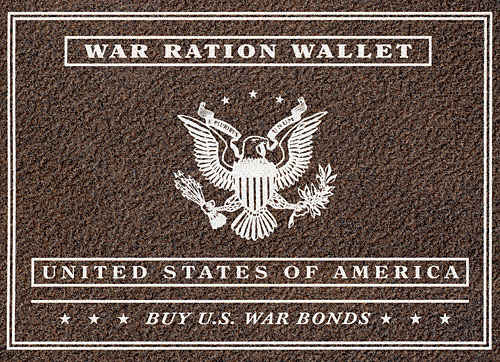 |
| French Riviera 1946. Serviceman were not allowed to go down to the beach where the ladies were topless. |
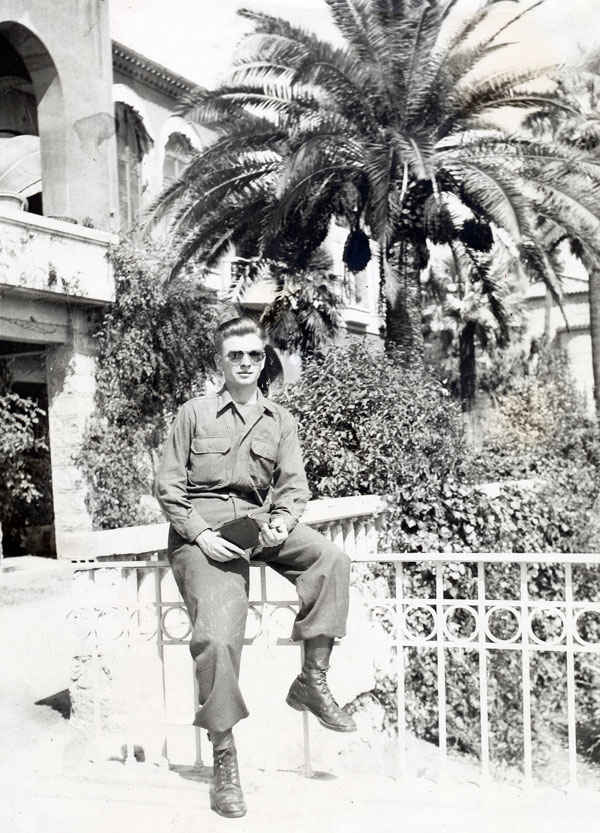 |
| Bridge on the Rhine that had been bombed. |
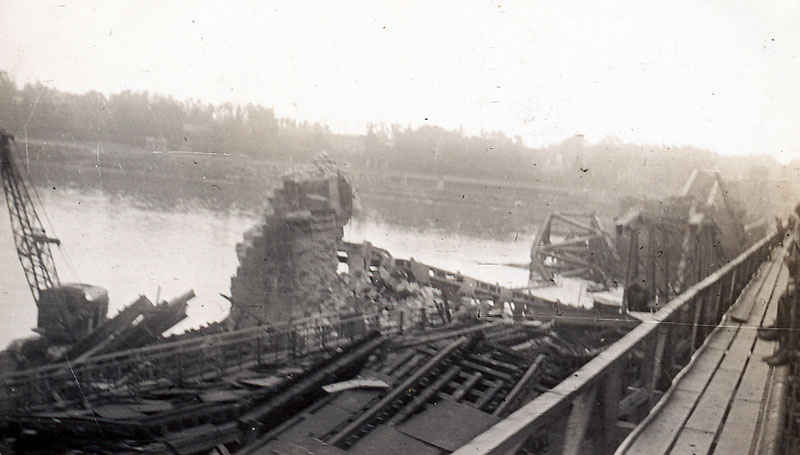 |
| Eiffel tower Paris, France 1946 |
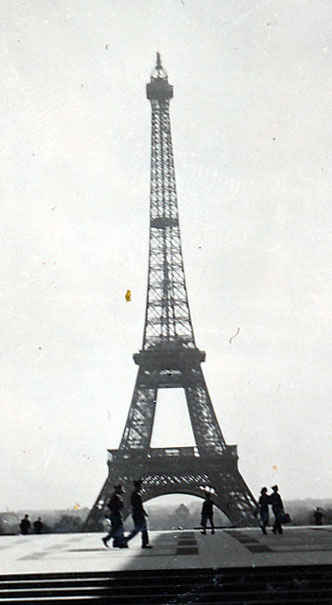 |
| The Class "B" Pass provided certain privileges. |
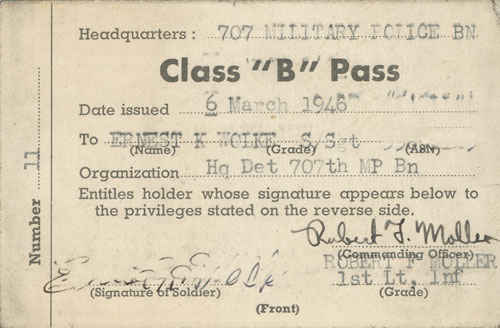 |
| This is my grandfather's desk after the war in Belgium, 1946. |
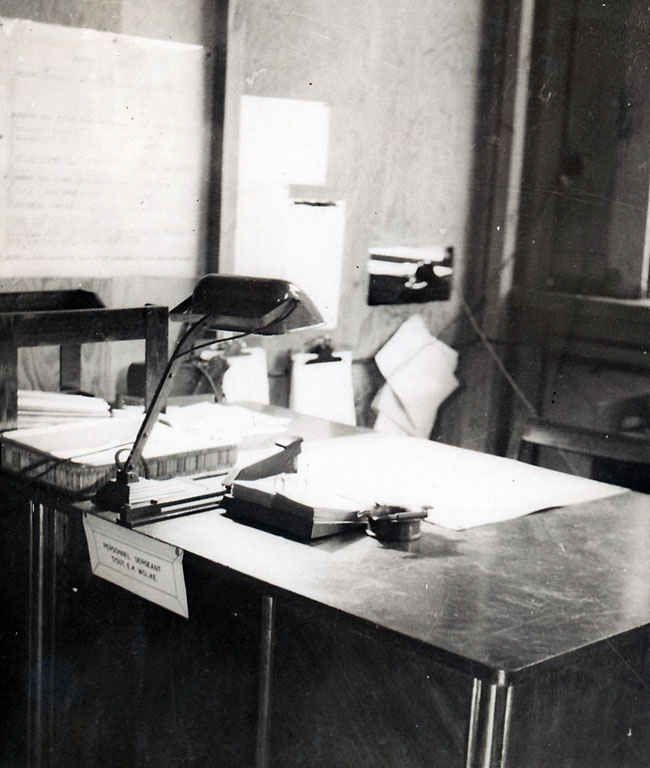 |
| Beer party from Germany to France. This train car is known as the 40's or 8's, which means it, could haul 40 men or 8 horses. |
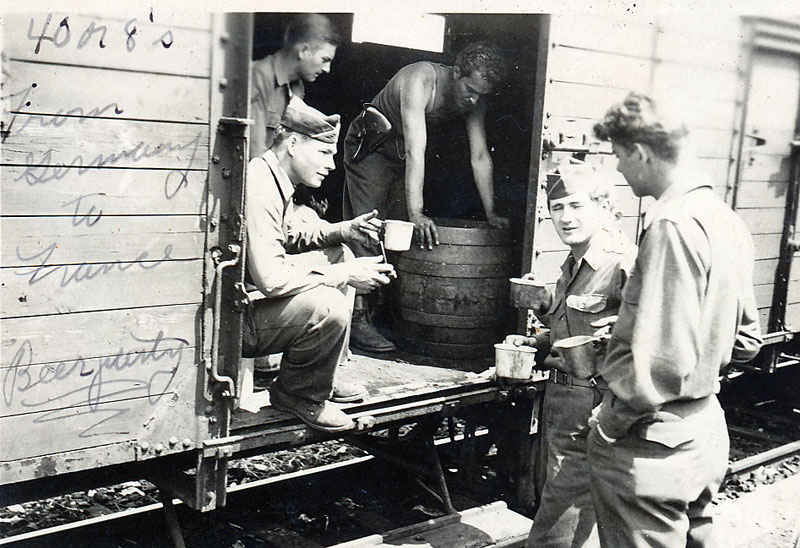 |
| Picture taken before going to France. |
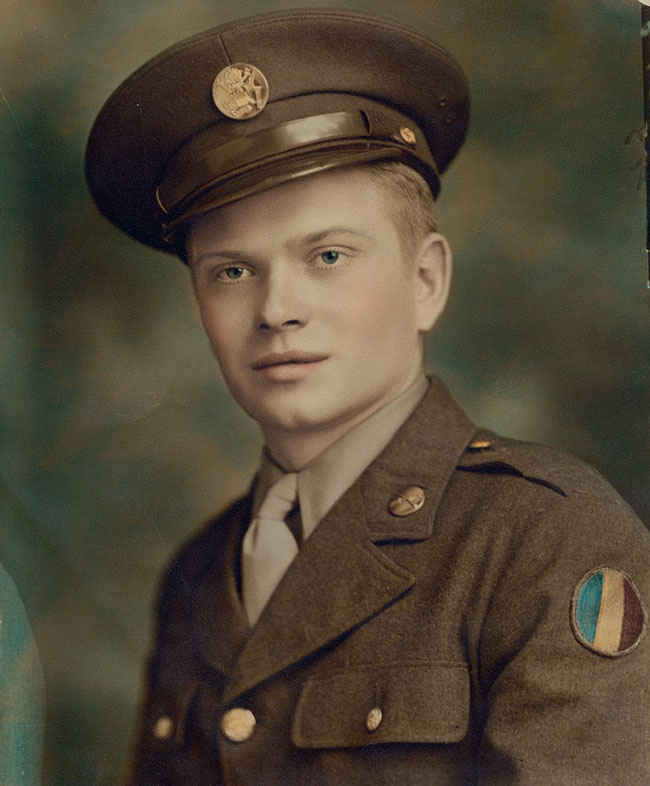 |
| Notre Dame, Paris 1946 |
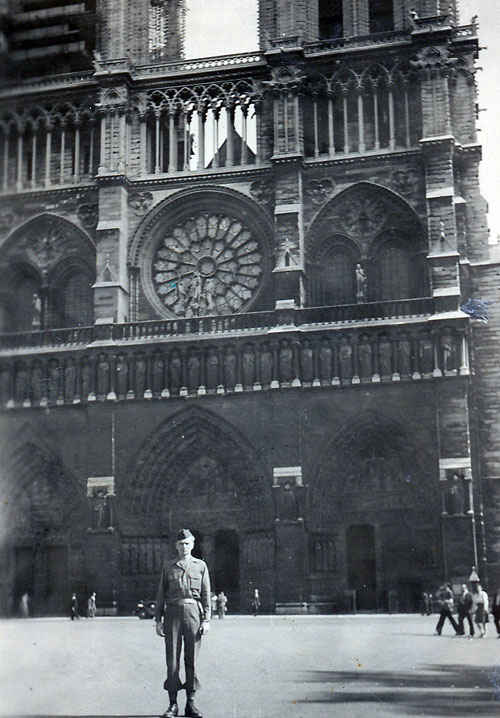 |